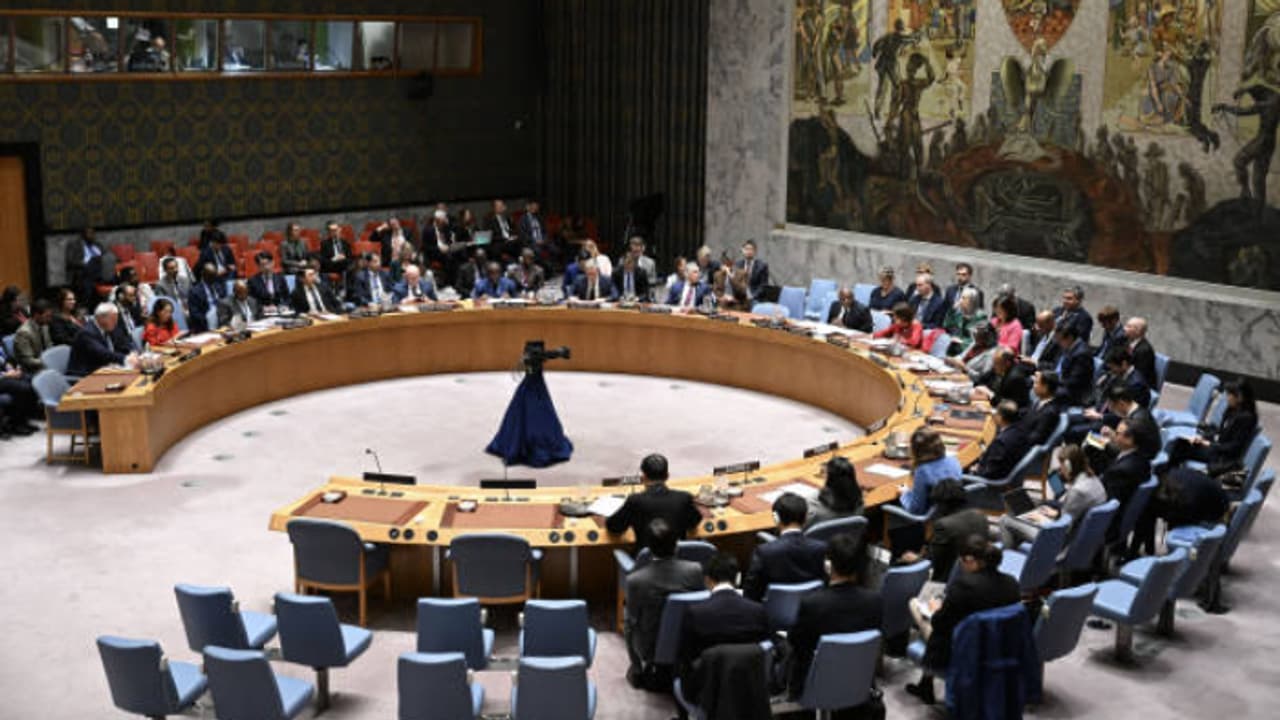Pakistan, a non-permanent member of the UN Security Council, joined other nations in condemning the Pahalgam attack but reportedly worked with China to dilute the statement.
Pakistan, currently a non-permanent member of the UN Security Council, joined other countries in strongly condemning the Pahalgam attack. However, it reportedly sought to weaken the statement with support from China. Until now, Pakistan, which has denied any involvement in the massacre, had only voiced concern over the loss of lives.

The council emphasized the importance of global cooperation in bringing those responsible for the "reprehensible act of terrorism" to justice. However, unlike its condemnation of the 2019 Pulwama attack, where it urged all states to cooperate directly with the "government of India," this time, the UNSC simply referred to "all relevant authorities."
Pakistan and China worked to modify the wording of the UNSC statement. Unlike the condemnation of the Pulwama attack, which called for cooperation with both the Indian government and relevant authorities, this time, the statement only mentioned "relevant authorities."
"Terrorism in all its forms and manifestations constitutes one of the most serious threats to international peace and security," said the council, adding that such acts are criminal and unjustifiable, regardless of their motivation, wherever, whenever and by whomsoever committed.
Reports suggest that the consensus on the statement, proposed by the US, followed intense negotiations, during which Pakistan, in collaboration with China, worked to dilute its wording. In the past, when condemning attacks like Pulwama or even Pakistan's own Jaffar Express train attack last month, the council had called for active cooperation with local governments, not just relevant authorities. Islamabad likely feared that explicitly mentioning the Indian government would provide New Delhi with a tool to criticize Pakistan.
Instead of supporting Indian investigations, Pakistan’s Prime Minister Shehbaz Sharif stated on Saturday that his country is open to a "neutral and transparent" probe into the attack.
In the Pahalgam statement, the council condemned "in the strongest terms the terrorist attack in Jammu & Kashmir", while in the case of Pulwama, it condemned again in the strongest terms the "heinous and cowardly suicide bombing".
The council on both the occasions referred to the attacks as taking place in Jammu and Kashmir, the term India uses for the Union Territory and former state. The remainder of the statement followed the usual UNSC format for condemning such terrorist acts. Similar to the Pulwama case, the council's statement on Pahalgam emphasized that those responsible for the "reprehensible act of terrorism," including perpetrators, organizers, financiers, and sponsors, must be held accountable and brought to justice.
A spokesperson stated on Saturday that the UN continues to closely monitor developments in the region "with great concern" and urged both India and Pakistan to exercise maximum restraint to prevent the situation from escalating further.


